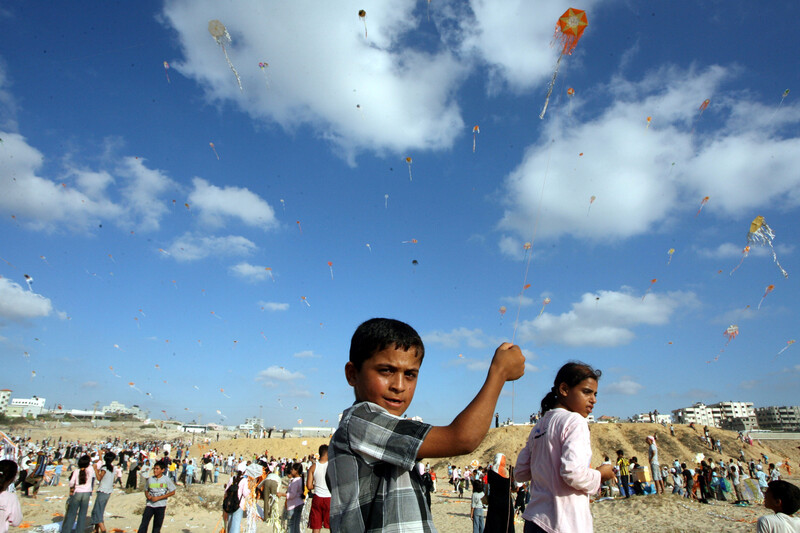The Electronic Intifada 13 May 2011

The When I Return project aims to highlight the imaginative expanse of Palestinians’ dreams
Maan ImagesPalestine is neither a memory nor a dream — it is a homeland to which millions will one day return.
From the wrinkled hands of old men and women who spent years harvesting rows of ancient olive groves, to the soft yet determined faces of a younger generation unfazed by decades of dispossession, Palestine remains the birthright of the indigenous Palestinian people. The broader Arab struggle for emancipation and self-determination, manifested in recent popular uprisings across the region, is epitomized by the persistent Palestinian demand that, despite 63 years of colonization, expulsion and occupation, the right to return remains the cornerstone of the movement for Palestinian freedom.
When I Return is an online participatory campaign that features simple notes by Palestinians, Arabs and allies describing what they hope to do when Palestine is free and/or they return to Palestine. It seeks to unleash the internal life of our longing for home, and highlight the imaginative expanse of our dreams.
Organized by young members of the US Palestinian Community Network (USPCN), When I Return evidences the daily resonance of the Nakba, what Palestinians call their forced dispossession of 1947-48, as not only a vanishing memory to be commemorated, but as a persistent moment binding us to our past, our present and to each other. In this project, we hope to take part in reviving the celebratory revolutionary spirit that has always been a part of the Palestinian national struggle; working against all odds, we are bolstered by our collective will to always resist and always dream, and our common love for those who stand with us and with whom we too stand.
The beauty of our liberation struggle lies in our collective desire to sacrifice for a free Palestine, and to try and carry each other through. Some of us who have fought so long, and so hard, need our rest, and for others, we know it is our turn, our time, to carry the banner. Indeed, for many of us languishing in the Diaspora, or living an unceasing Nakba of demolition, massacre, invasion, racism, surveillance and endless harassment and appropriation, in the homeland or in the camps, our very existence is our resistance.
We are a constant reminder to all that our expulsion from our homeland happened at the hands of a settler colonial movement that has failed to erase us, but has not yet been made to heel. But heel it will. Zionism, and anyone who is complicit with it, has no other choice. The dead ends of settler colonialism are clear: Israel’s apartheid framework is unsustainable and decolonization is inevitable. In this year of revolutionary hope and change, we know, as we have always known, Palestine will be free.
When I Return encourages all of us to consider the simplicity of our call for freedom, its dignity, its nobility, its crystal-clear morality. As we search out our daily bread, attend organizing meetings, plan rallies and marches, agitate to get a word in edgewise and otherwise sustain ourselves, we are often subsumed by a crushing sense of dejection. We worry how long we can sustain our struggle, how long before the banner must finally be brought down. We sometimes tire, we are sometimes dispirited.
This project asks you to — for a moment — take liberation for granted. Think instead of your first day in Palestine after its liberation. What will you do? Where will you go? What will you be dreaming of next?
When I Return is your space to ponder, gaze, and reflect on the day we’ve been struggling so long to realize.
Andrew Dalack is a law student at the University of Michigan and a member of USPCN’s coordinating committee.
Ryah Aqel is a graduate of the University of Michigan and a masters student at New York University.
For more information about the When I Return project, visit whenireturn.org.



